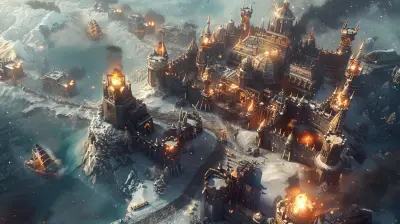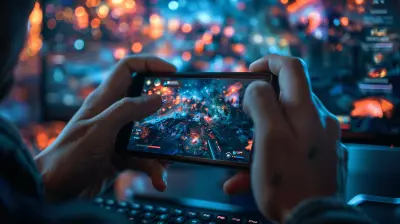The Power of Fan Feedback at Gaming Expos
5 June 2025
If you’re a gamer, you’ve probably fantasized about attending a gaming expo at least once in your life. Think about it: dazzling booths, exclusive game demos, cosplayers stomping around in jaw-dropping outfits, and panels where your favorite developers spill the beans about upcoming releases. But there’s one part of gaming expos that doesn’t always get the spotlight it deserves—the influence of fan feedback. Spoiler alert: it’s way more powerful than you’d think.
Let’s dive into why fan feedback at gaming expos is the secret sauce that shapes the future of your favorite games, and why developers hang onto every word you casually blurt out while playing their demo.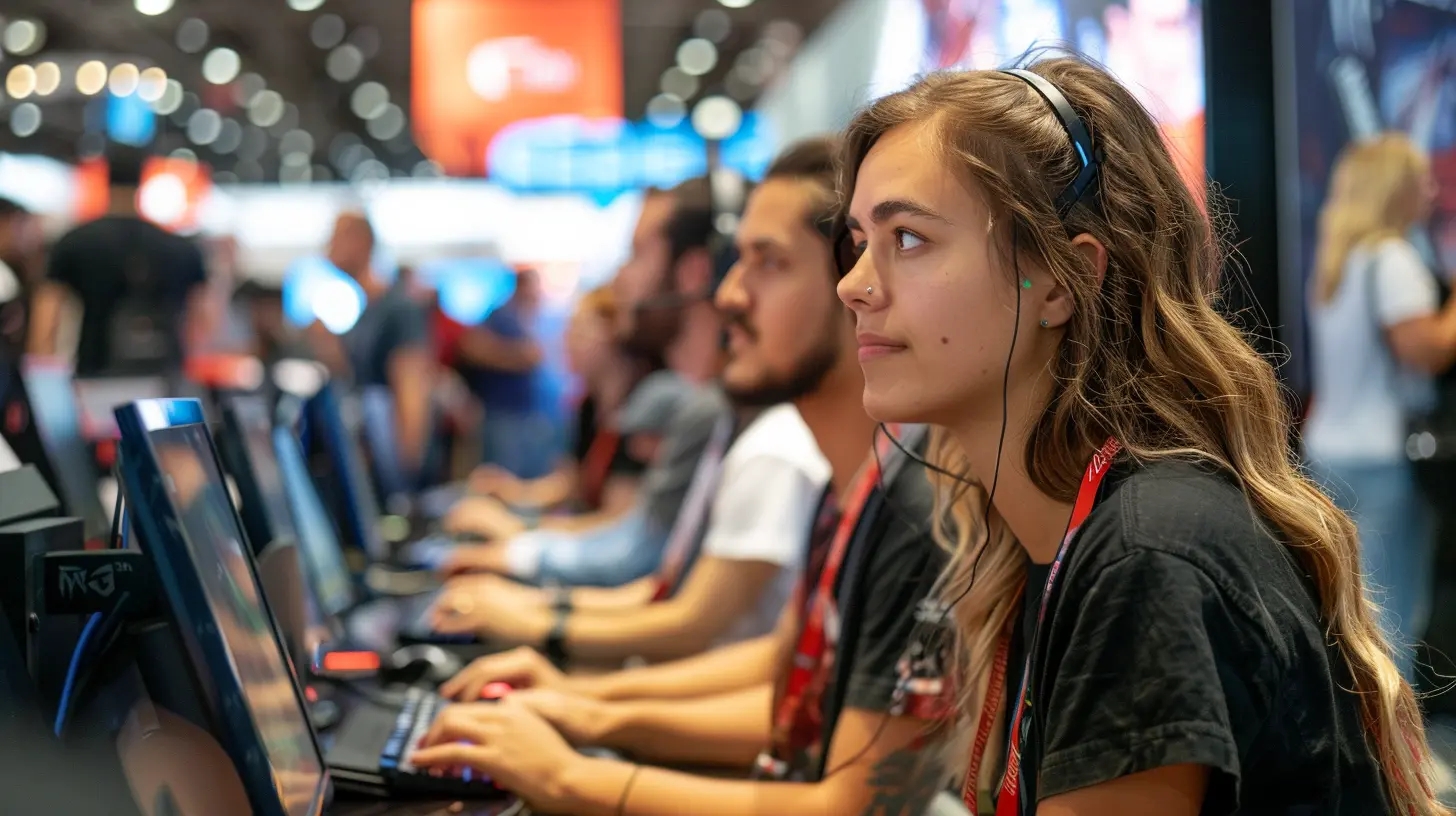
Gaming Expos: More Than Just a Playground for Fans
First things first—what’s the deal with gaming expos? Events like Gamescom, PAX, E3 (RIP, we miss you), and Tokyo Game Show aren’t just massive meet-ups for gamers to geek out over the latest trailers and limited-edition merch. They’re also battle arenas where developers test their ideas in front of their toughest critics: the fans.When a game is showcased at one of these expos, it’s essentially stepping into the spotlight for a live stress test. Devs roll out their builds (sometimes polished, sometimes held together by duct tape and sheer hope) and let players get hands-on. Why? Because these expos create a unique feedback loop that the industry can’t replicate anywhere else.
Why Fan Feedback Matters More Than Gold
If you’ve ever shouted, “Why didn't they just listen to the fans?” after a game flopped, here’s the tea: they actually try. Developers know that fan feedback is their most honest performance review. Unlike internal testers or even professional critics, fans pull no punches. If the graphics look janky, they’ll tell you. If the dialogue feels like it was written by a robot, they’ll meme it into oblivion.But here’s the kicker: fans also highlight what works. Maybe it’s a co-op mechanic that unexpectedly turns heads or a narrative twist no one saw coming. These gems of insight can save developers millions of dollars and countless sleepless nights.
At expos, this feedback isn’t just digital; it’s raw, face-to-face, and far more personal. Watching someone struggle with your controls or light up with joy over a character design tells you more than a 10-page survey ever could.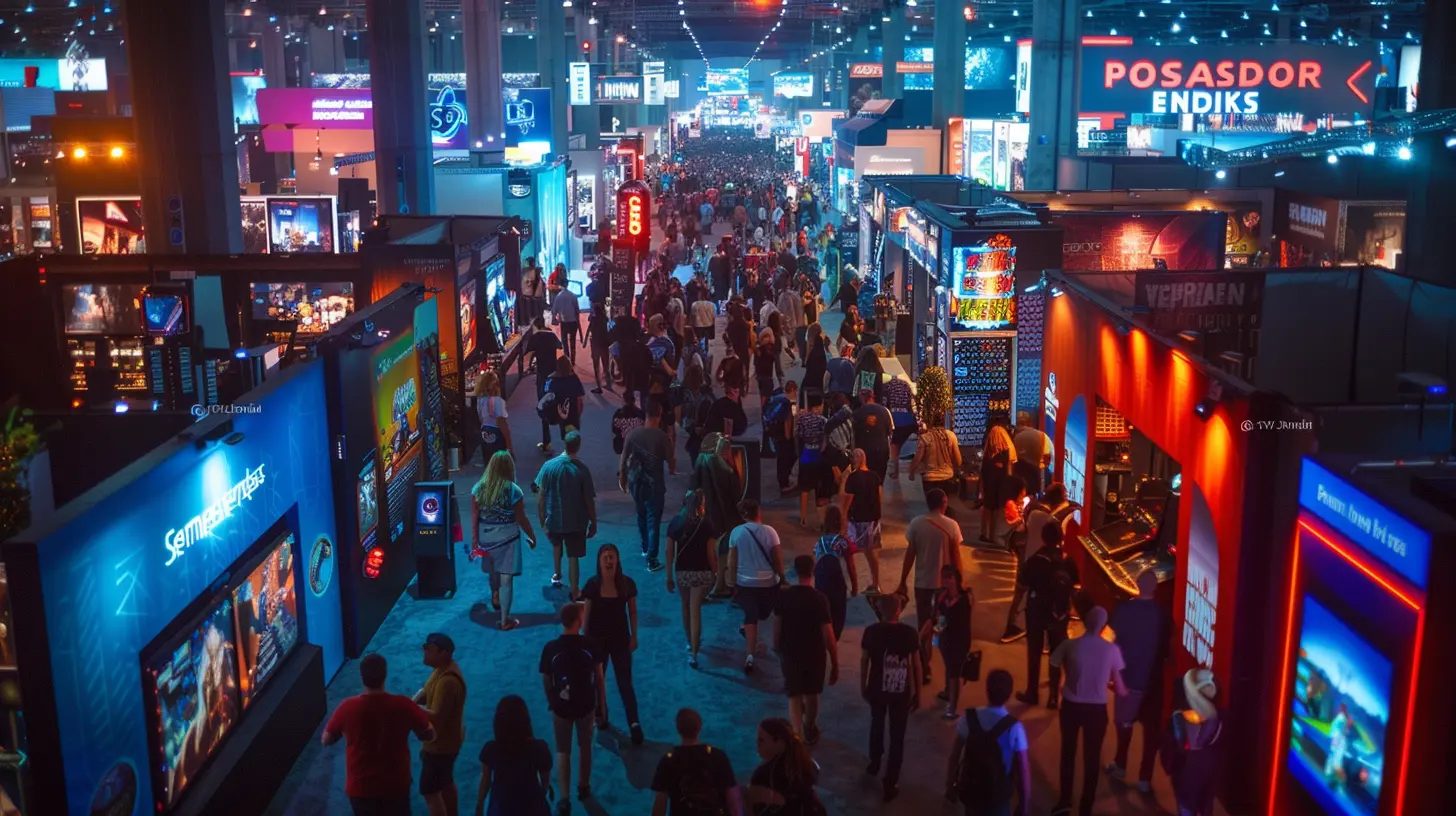
Fan Feedback in Action: The Wins and the Screw-Ups
Need proof that fan feedback can make or break games? Let’s talk about some real-world examples.The Good: From "Meh" to "Masterpiece"
Remember Sonic the Hedgehog (the movie, not the games)? When the first trailer dropped, the internet had a collective meltdown over Sonic’s, uh, “unique” design. His human teeth? Haunting. His weird, beady little eyes? Nightmare fuel. But here’s the plot twist: the filmmakers listened. They delayed the movie, fixed Sonic’s design (bless those animators), and turned a meme-worthy disaster into a blockbuster hit.While that example comes from Hollywood, the same principle applies to video games. Titles like No Man’s Sky faced heavy criticism post-launch but embraced feedback over time. Today, it’s considered one of the greatest comeback stories in gaming.
The Not-So-Good: Ignoring Player Voices
And then there are the cautionary tales. Undoubtedly, Anthem comes to mind. Fans gave EA plenty of hints during pre-release showcases about what wasn't working—the clunky UI and repetitive gameplay loops—but those criticisms fell on deaf ears. The result? A game that fizzled out faster than a firework in the rain.Ignoring fan feedback doesn’t just hurt the bottom line. It fractures trust, and honestly, it’s pretty hard to repair that kind of relationship once it’s broken. 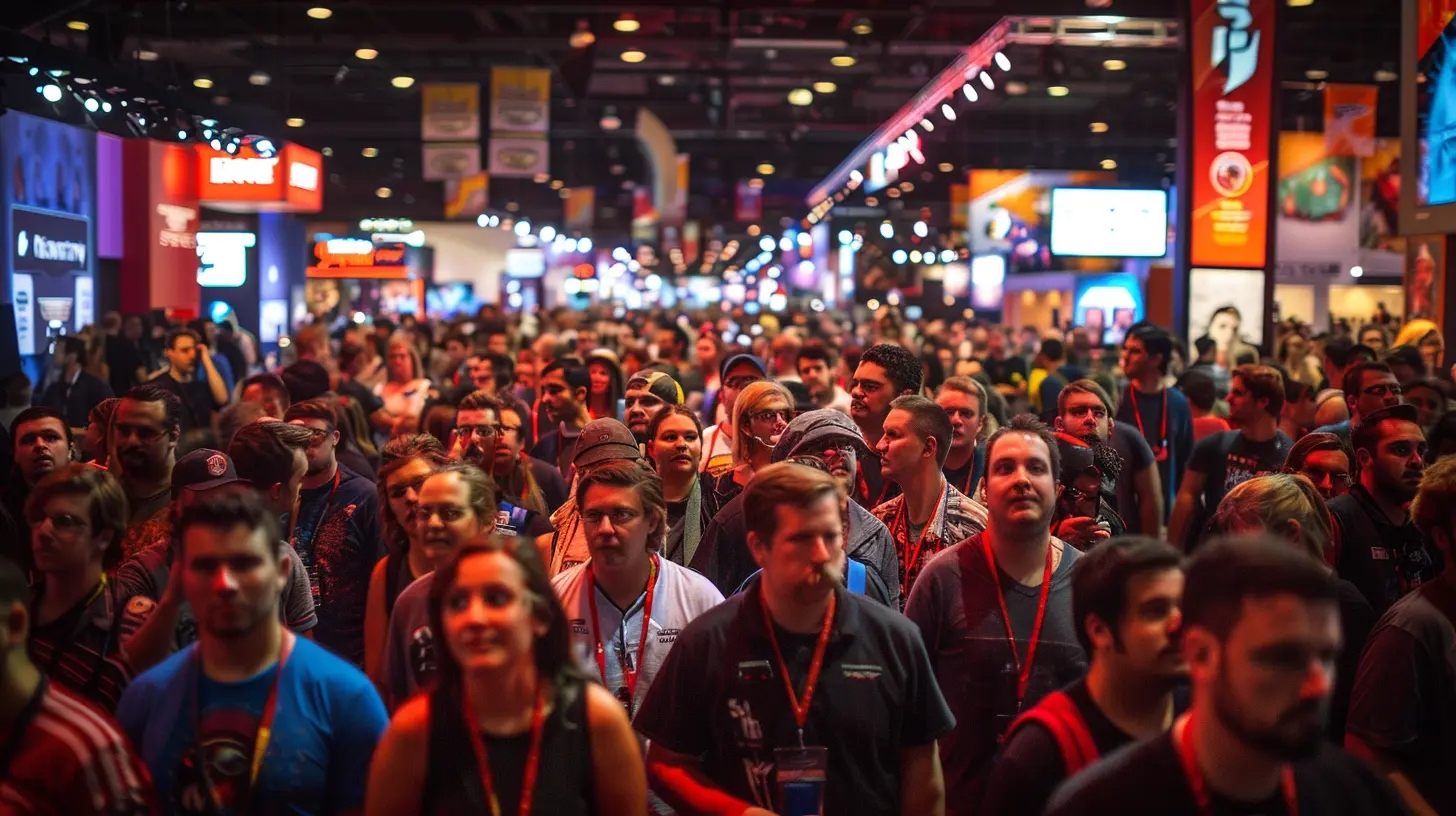
Gaming Expos Turn Fans Into Co-Developers
Let’s not sugarcoat it: gaming expos are expensive to organize. So, why do developers go through all the hassle just to let a crowd of sweaty, hyped-up fans rip their work to shreds? Because, in a weird way, you—the fans—become unofficial co-developers at these events.When you point out things that are clunky or confusing in a demo, you’re doing the work QA testers can’t always finish. You’re giving real-world feedback under real-world conditions. Seeing fans stumble at a tutorial or miss a game mechanic entirely can tell developers their tutorials might need reworking or that their design isn’t as intuitive as they thought.
It’s a partnership. They give us sneak peeks, we give them feedback; rinse and repeat. Game development isn’t happening in a vacuum anymore, and expos are where those lines of communication are wide open.
The Social Media Amplifier
Here’s where things get spicy. Back in the day, feedback from expos mostly stayed at the event itself. A few gaming magazines might report on it, but for the most part, it wasn’t widespread. Fast forward to today, and one tweet or TikTok can set the whole gaming community buzzing.Fans now wield the power to amplify their feedback far beyond the expo floor. A quick video of a buggy mechanic or an enthusiastic post about an unexpected feature can snowball into viral discussions. Developers are paying attention to these conversations, and smart ones even actively engage with them.
It’s like shouting into a megaphone where you know someone on the other end is actually listening. Honestly, it’s kind of beautiful.
It’s Not All Rainbows and Loot Boxes
Now, before we light the fan feedback beacon and declare it the savior of gaming, let’s be real. Feedback at expos isn’t always a perfect science. Sometimes, the loudest voices don’t necessarily represent the majority. There’s also the risk of devs overcorrecting or trying to please everyone—a lose-lose situation if there ever was one.Additionally, some fans just don’t have all the context. Maybe a mechanic you hated in the demo makes perfect sense when the full game is released. Balancing immediate feedback with the long-term vision of a project is no small feat.
How Fans Can Make Their Feedback Count
So, how can you make sure your voice actually helps instead of getting lost in the noise? Here are a few tips:1. Be Specific: Saying “This sucks” doesn’t help anyone. Highlight what’s causing the issue—maybe the controls feel sluggish, or the pacing is off.
2. Be Constructive: If something’s not working, suggest an improvement. You don’t have to be a game designer to point out potential solutions.
3. Be Respectful: Constructive criticism hits differently when it’s delivered with respect. Developers are humans too (shocking, right?).
4. Don’t Be Afraid to Praise: If you loved something, shout it from the rooftops. Encouraging feedback is just as useful as criticism—if not more.
Why Gaming Expos and Feedback Are Here to Stay
With the rise of digital showcases like Nintendo Direct and PlayStation State of Play, some folks have questioned the relevance of physical expos. But here’s the thing: nothing compares to face-to-face interactions between fans and developers. The energy, the excitement, the immediate reactions—it’s the kind of magic that doesn’t fully translate to digital formats.Gaming expos are like the gaming world’s trial by fire. They forge better games and tighter communities. Fan feedback isn’t just heard—it’s absorbed, chewed on, and (ideally) turned into better gaming experiences for everyone.
So, the next time you’re at an expo and a dev asks what you think about their game, don’t hold back. You might just be helping create the next masterpiece—or, at the very least, saving us all from another buggy disaster. And hey, no pressure, right?
all images in this post were generated using AI tools
Category:
Gaming EventsAuthor:

Avril McDowney
Discussion
rate this article
3 comments
Peregrine McGivern
Great insights! Fan feedback is crucial in shaping the gaming experience. It's inspiring to see how developers listen and adapt, creating a more engaging and inclusive industry. Keep sharing!
June 22, 2025 at 4:05 PM

Avril McDowney
Thank you! I completely agree—fan feedback truly shapes the future of gaming. It’s exciting to see developers embrace it for a more inclusive experience!
Ranger McCune
Fan feedback: where dreams and glitches collide in a pixelated dance!
June 14, 2025 at 4:06 PM

Avril McDowney
Thank you for the creative comment! It's fascinating how fan feedback can illuminate both the triumphs and challenges of game development.
Taylor McDonald
Fan feedback at gaming expos is invaluable; it shapes game development, enhances player engagement, and fosters community collaboration, ultimately leading to better gaming experiences.
June 11, 2025 at 2:42 AM

Avril McDowney
Thank you for your insight! Fan feedback truly plays a crucial role in shaping the gaming landscape and enriching the player experience.


